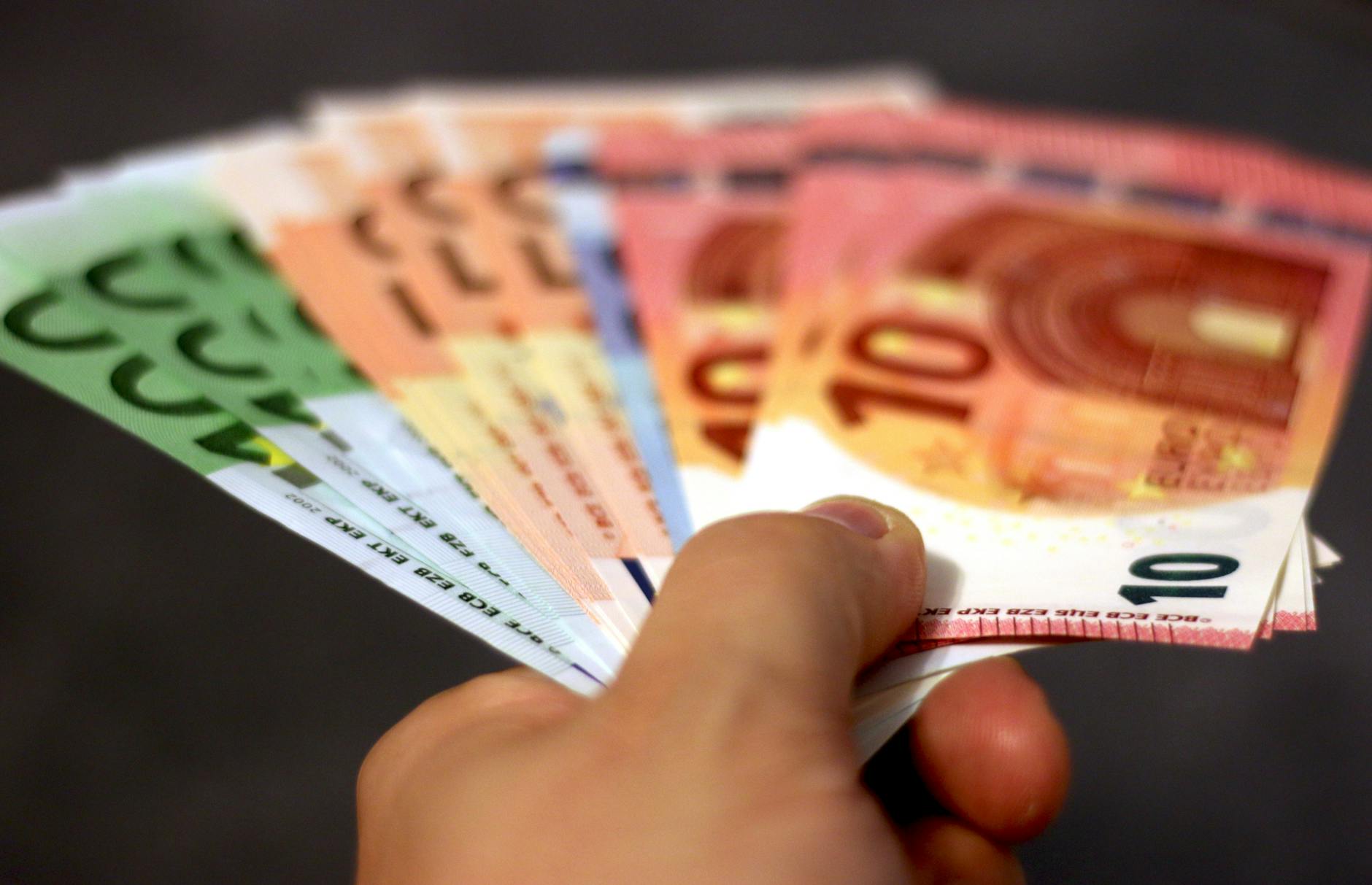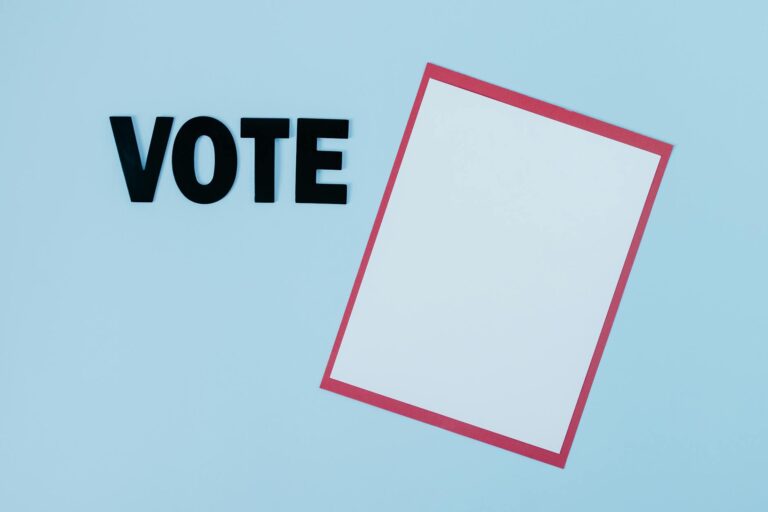France Wants the EU to Go Big on Shared Debt—But Will Germany Play Along?
You know how it goes—another EU summit, another round of tense negotiations. This time, France is pushing something ambitious: joint EU debt to strengthen the euro. Macron’s team is all fired up about it, but let’s be real—getting 27 countries to agree on anything is like herding cats. Especially when Germany keeps giving that skeptical side-eye.
The Euro’s Not Exactly Killing It These Days
Remember when the euro was supposed to be this big rival to the US dollar? Yeah, that didn’t quite pan out. It’s still the second-most used currency globally, but here’s the thing—it’s been stuck at around 20% of reserves for years. Meanwhile, the ECB plays it safe with interest rates while the Fed goes full throttle. And don’t even get me started on how every crisis—from Greece to energy prices—seems to hit the eurozone harder.
What France’s Actually Proposing
Borrowing Together: Basically, they want to do what worked during COVID—EU countries issuing debt together to fund stuff like clean energy and defense. Cheaper loans for Italy and Spain, more credibility for the euro. Makes sense, right?
Ditching the Dollar: This one’s spicy. France’s like “Why are we paying for Russian gas in dollars anyway?” They want more oil and gas deals in euros. Good luck with that—the dollar’s basically the financial world’s English language.
Looser Spending Rules: Here’s where Germany starts sweating. France wants more flexibility on budget deficits to allow for big investments. Berlin’s allergic to that idea—they still remember Greece.
Why France is Going All In
Two words: debt and pride. France’s debt-to-GDP ratio just hit 112%—not great. Shared borrowing would help. But it’s bigger than that. Macron keeps talking about “European sovereignty”—translation: less dependence on America’s financial system. With US-China tensions rising, that argument’s gaining traction.
Who’s Going to Ruin the Party?
Germany: Scholz says maybe to “targeted” joint debt but hell no to permanent sharing. The Dutch and Austrians? They’re already having flashbacks to the euro crisis.
Southern Europe: Italy’s like “Cool, cheaper money!” but also “Will this actually fix our economy?” Fair question.
The Rules: Changing EU treaties requires everyone to agree. That’s like trying to get your whole family to pick one restaurant. Never happens.
The Bigger Picture
Here’s what keeps EU leaders up at night: energy prices, inflation, and America’s $369 billion green subsidy spree. France’s betting big on nuclear power—smart move—but without serious EU money, they’ll keep falling behind China and the US.
How This Might Play Out
Best Case: They find a middle ground—some joint debt with strict rules. Euro gets stronger. Champagne in Paris.
Realistic Scenario: Half-measures. Maybe bonds for specific projects. Lots of vague promises about “future integration.”
Worst Case: Total deadlock. North vs South drama flares up again. Euro stays the underdog.
Bottom Line
Macron’s plan is bold—maybe too bold for the EU’s usual pace. But even small steps could matter. Because let’s face it—the alternative is watching the euro remain dollar’s sidekick forever. And nobody wants that.
If You Want to Go Deeper
- That Time the EU Actually Agreed on Something (COVID Recovery Fund)
- Macron’s Big European Dreams—Can He Pull It Off?
- The Numbers Behind the Euro’s Struggle
Source: Financial Times – Global Economy










